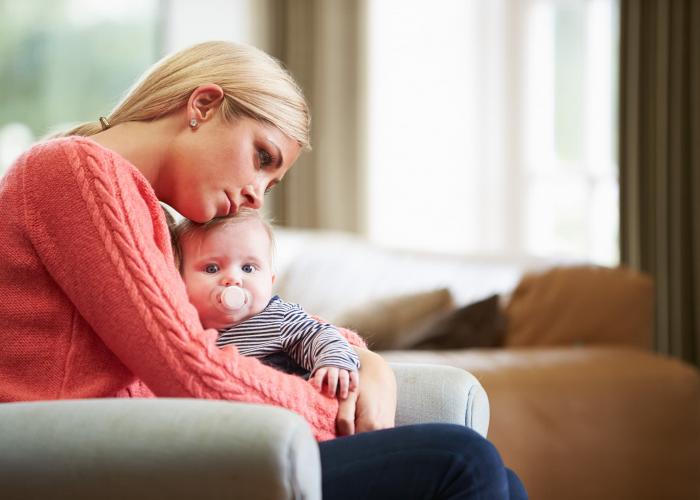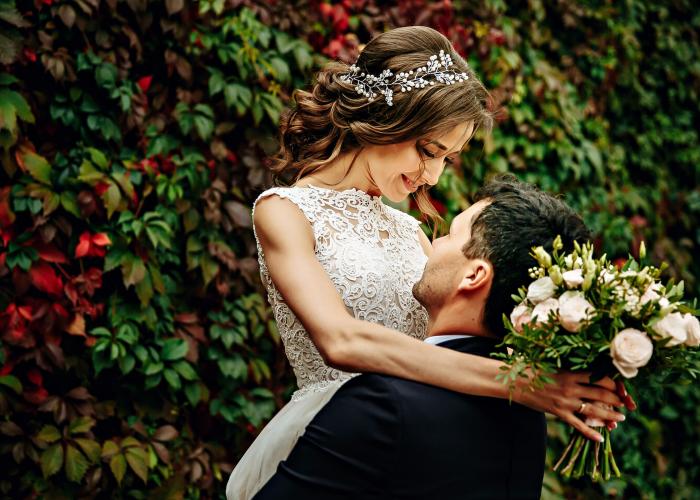Cohabitation agreements can help to minimise the issues that are likely to arise from a relationship breakdown.
Despite what people may believe, a common-law husband or wife does not exist in England and Wales which means if you are unmarried, you have no protection through matrimonial law. In a relationship breakdown, couples, friends, or family members are subject to complicated property laws that can be far from satisfactory.
Our team of legal specialists at Lund Bennett Law can assist in dealing with potential issues that could arise from a breakdown in a relationship by drafting a cohabitation agreement or help resolve the issues if a dispute has arisen following separation. Call 0161 924 0079, or send us a message via our contact form.
Family Problems? We can help.
Speak to our specialist family lawyers for fixed price advice and guidance
You will get..
- Best advice on all family law matters
- Support and guidance on next steps
- Transparent pricing and fixed fee's available

Call us now on:
01619240079
How can we help?
Contact us for an initial consultation
FAQs
Cohabitation agreements are formal agreements that can help minimise the issues that are likely to arise from a relationship breakdown. Lund Bennett Law can help you develop a suitable cohabitation agreement or come to a resolution if you are involved in a cohabitation dispute.
Cohabitation disputes often arise among couples, friends or family members living together in a shared residence but have decided to end their relationship and stop living together.
A cohabitation agreement gives you a certain amount of legal protection if you decide to end your relationship with your partner, friend or family member. For instance, if you solely own the property you both occupy and want to protect it should the relationship breakdown, your rights can be protected with a Cohabitation Agreement.
A Cohabitation Agreement can also deal with more day to day practical arrangements such as regulating how the day to day expenses are to be met.
Cohabitation agreements typically set out any arrangements regarding yours and your partner, friend or family member’s property, finances and, if applicable, shared children. If you have decided to get a cohabitation agreement drafted by a solicitor, it may include details about the following:
- Shared and individual owned property
- Individual and joint debts or mortgages
- Inheritance and wills
- Shared children
- Shared pets
An agreement should be made as a Deed with both party’s signature being witnessed by one independent witness. A qualified legal professional should always review cohabitation agreements.
You and your partner, friend or family member should also seek individual legal advice. To speak to a family law solicitor about your cohabitation agreement, call our offices on 0161 924 0079, or reach out to our team via our contact form.
In England and Wales, a cohabitation agreement is a legally binding contract providing that it’s been drafted, signed and executed as a deed. In the event of a relationship breakdown between you and your partner, friend or family member, the court may consider your cohabitation agreement providing the fact that;
- Both partners have individually sought legal advice,
- And the terms of your cohabitation agreement are considered to be ‘reasonable’.
If your relationship breaks down, a cohabitation agreement can provide you with protection and peace of mind over your financial future and avoid legal action.
1. Protect your assets and yourself from your partner’s past or future debts.
2. Legally establish joint property ownership rights between yourself and your partner.
3. Protect your business interests and assets.
Costs for a cohabitation agreement may vary depending on its complexity. At Lund Bennett Law, we will provide you with a detailed cost breakdown, including taking instructions, the agreement draft, amendments, and follow up discussions.
If you have received a quote for a cohabitation agreement from a third party and would like to get a second opinion, contact us for a free consultation on 0161 924 0079.
You and your partner may amend the cohabitation agreement if your circumstances change, i.e. if you or they inherit, have children together or fall seriously ill. A qualified legal professional should review any changes.
At Lund Bennet Law’s team of legal experts has extensive experience advising and assisting clients with cohabitation agreements. Speak to our team on 0161 924 0079 for your free, no-obligation consultation, or you can get in touch via our contact form.
We’ll always fight your corner…
Whether it's coming to the negotiating table or walking into the courtroom... you’ll want us behind you showing you the way.
Contact us on 0161 924 0079 for your no-obligation consultation.
Related services
We offer our clients a wide range of family law related services.




















